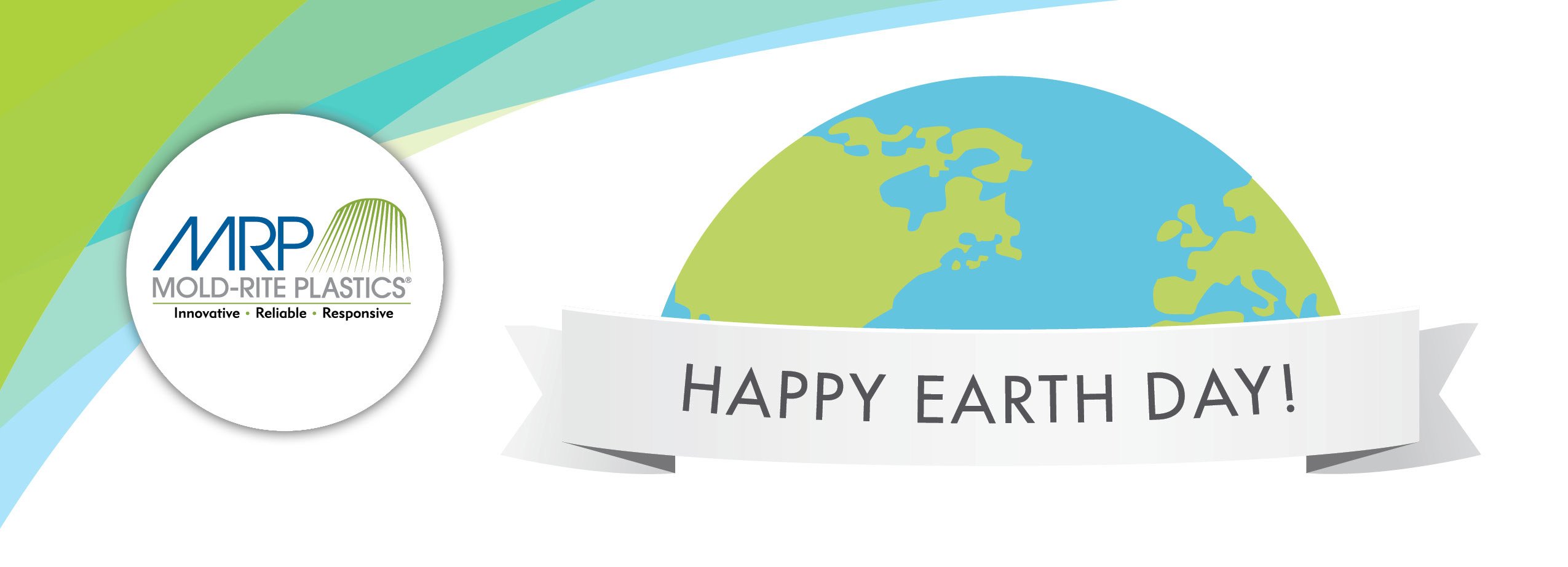
It seems that the notion of a plastic free world has been a much debated topic recently. While that goal appears very honorable, it diminishes the many benefits that plastics provide. The American Chemistry Council has committed to working to solve some of the biggest challenges facing our nation and our world, including plastic waste. Through engagement, advocacy, communications and research, the ACC strives to foster progress in our economy, environment and society.
Consider some of their recent research below to explore the many benefits of plastic and how plastic can contribute to a sustainable future:
Benefits Well Beyond Convenience
- An important reason plastics are so often used in packaging is because they are strong and lightweight, allowing us to ship more product with significantly less packaging material than alternatives. Using less in the first place lowers plastics’ environmental footprint throughout a package’s lifecycle.
- And plastic packaging helps keep the things we use fresh, clean, sanitary, and in some instances sterile—helping to keep the people we care about safer and healthier. Learn more HERE.
- Plastics are extremely efficient materials that help lower our environmental footprint in almost every part of modern life; at the same time we need to do a better job of recycling and recovering plastics after they are used.
- The drive toward an increasingly circular economy for plastic packaging will help conserve natural resources such as energy, water, and food; support resource efficiency and optimization; and reduce waste and emissions into the environment.
- By implementing a circular economy for plastics within an overall sustainable materials management framework, we enable society to sustain economic growth while improving the environment for future generations.
- America’s plastics makers are working in cooperation with retailers, brand owners, government and other stakeholders to grow plastics recycling and move toward a more circular vision of how we design, manufacture and recycle, recover and reuse plastics.
- System changes are underway that will transform the ways we recover and recycle plastics resources. We’re laying the foundation now. This includes turning used plastics back into their basic building blocks for use as a feedstock when making new plastics.
Encouraging the Circular Economy
There is much evidence to suggest that replacing plastic packaging with other materials would increase environmental impacts, and alternatives to plastic packaging would nearly double greenhouse gas emissions. Given the statistics, support for the circular economy is growing. What is a circular economy? A circular economy is an alternative to a linear (make, use, dispose) economy in which we keep resources in use for as long as possible, extract the maximum value from them while in use, then recover and regenerate products and materials at the end of each service life.
A circular economy thus seeks to optimize a full range of environmental and societal outcomes by designing for greater efficiency, and reusing or repurposing what we can. The circular economy recognizes that even used plastics have value. Plastics already deliver exceptional sustainability benefits by helping us do more with less, including extending the freshness of healthy foods, to delivering medical and personal care products that are safe and sanitary, to driving further on a gallon of gas.
What Can You Do?
First – recycle! Ensure that the plastics you use can return back into the economy with new purpose. Next, be educated. If you read or hear about eliminating plastics, take the time to delve deeper and think circular.
Sources: www.americanchemistry.com
- ACC Plastics Division Circular Economy Position and Goals Q&A
- Replacing Plastic Packaging Infographic
- Safe, Sanitary Plastics Infographic
-


